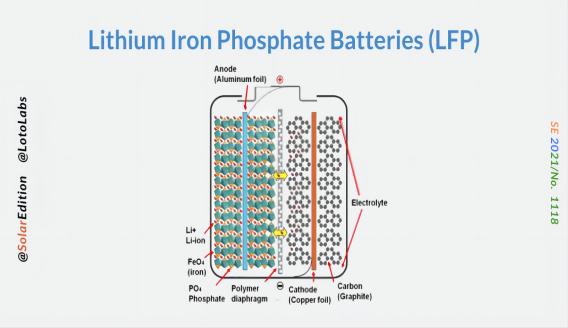
Mar , 10 2023
Lithium iron phosphate battery is a common type of lithium-ion battery, which has the advantages of high energy density, long cycle life, and no pollution, so it is widely used in electric vehicles, power tools and other fields. However, in a low-temperature environment, the performance of lithium iron phosphate battery will be degraded to a certain extent. The attenuation of lithium iron phosphat...
more
